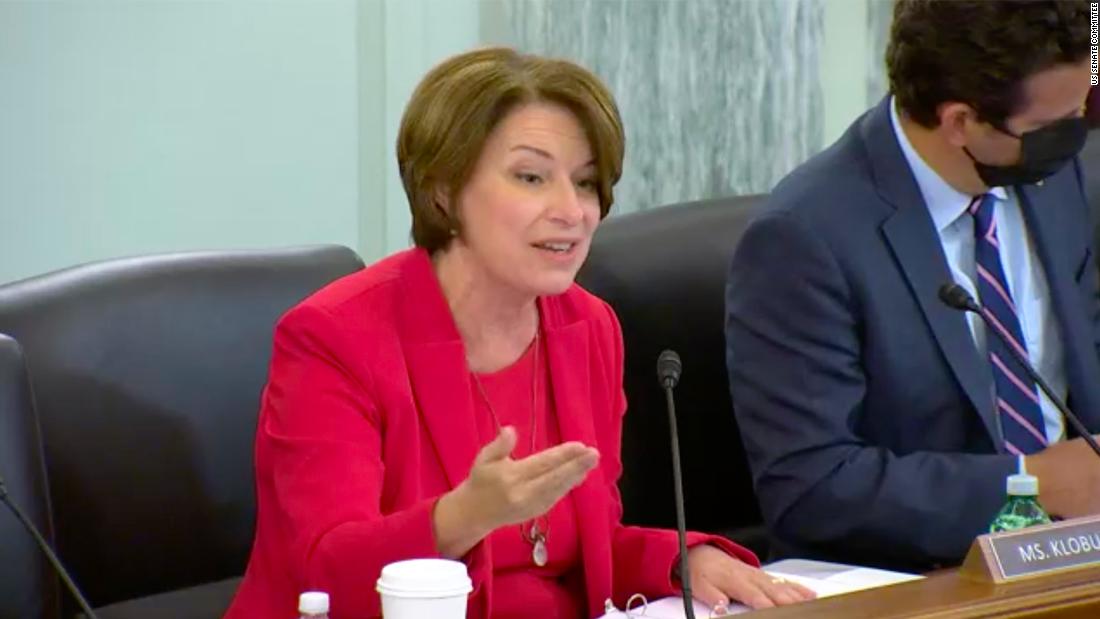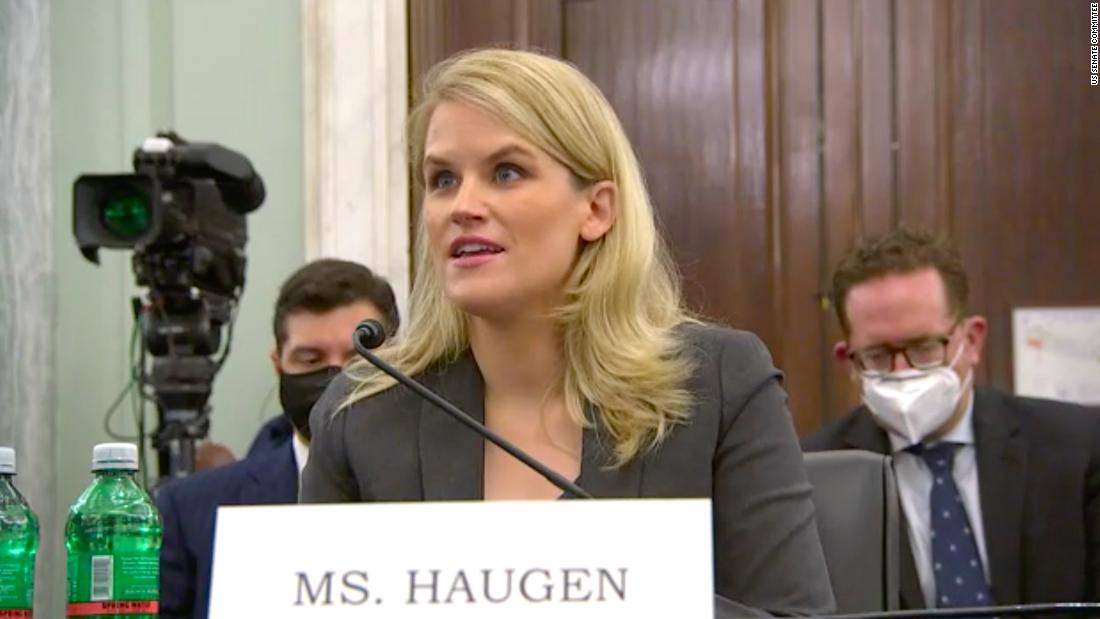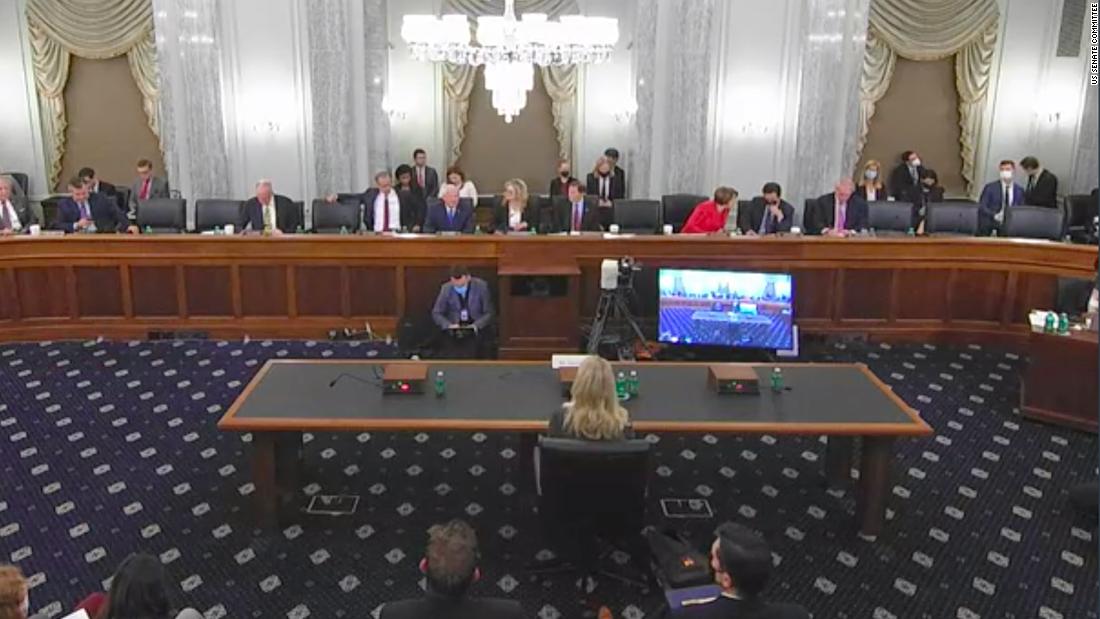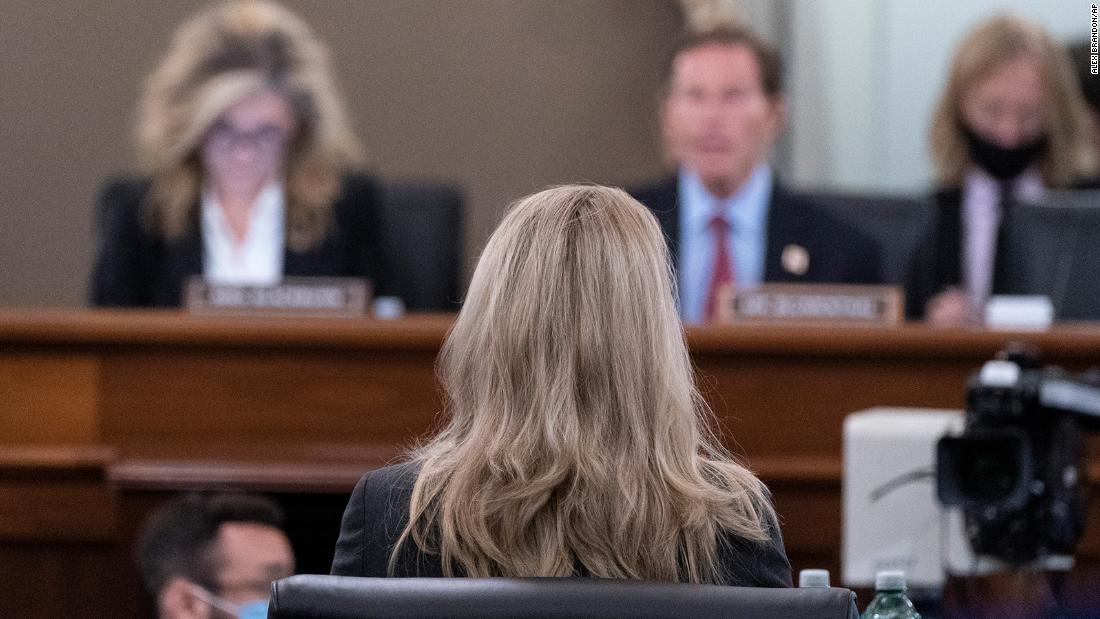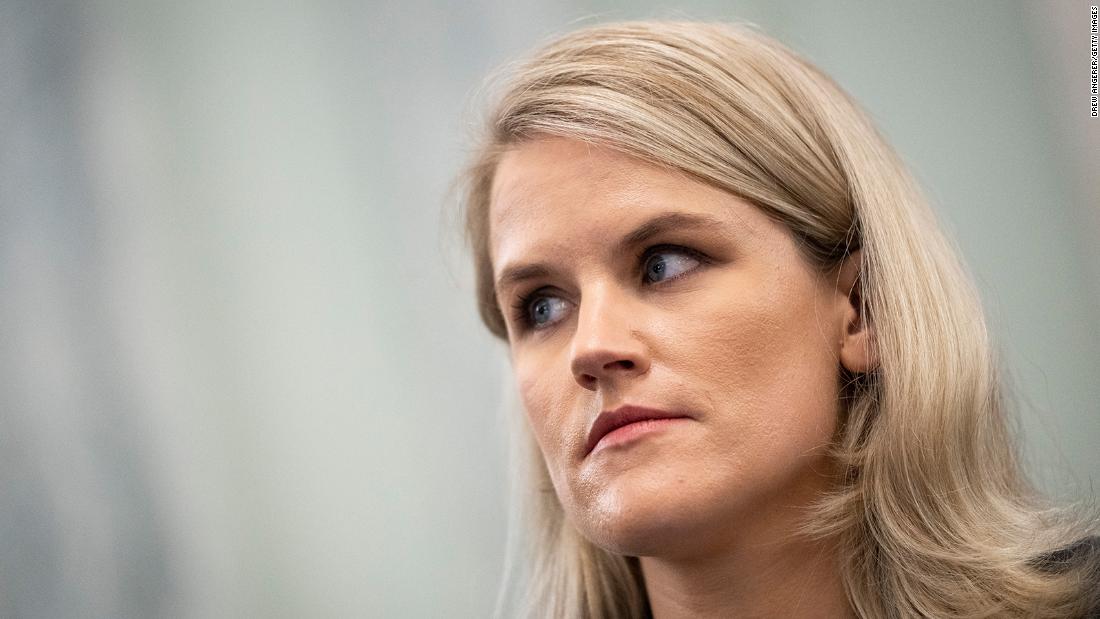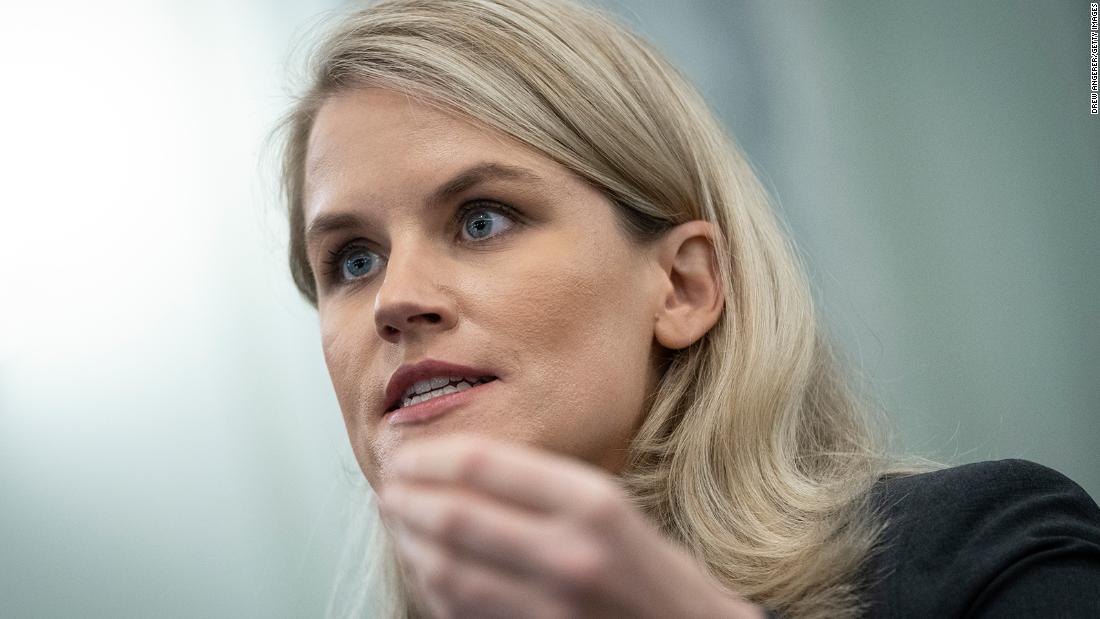
Facebook whistleblower Frances Haugen said the impetus for her to speak out came after the 2020 presidential election.
"There was a long series of moments where I became aware that Facebook — when faced with conflicts of interest between its own profits and the common good, public safety — that Facebook consistently chose to prioritize its profits. I think the moment which I realized we needed to get help from the outside, that the only way these problems would be solved would be by solving them together, was when civic integrity was dissolved following the 2020 election," Haugen told lawmakers at a Senate hearing.
"It really felt like a betrayal of the promises that Facebook had made to people who had sacrificed a great deal to keep the election safe, by basically dissolving our community and integrating in just other parts of the company," she said.
Some more background: Haugen, 37, joined Facebook in 2019 to work on civic integrity, including "issues related to democracy and misinformation," according to her website. Those issues have been front and center for critics of Facebook and other social media companies, particularly around the coronavirus pandemic and the 2020 US Presidential Election.
Haugen took the job at Facebook to work on addressing misinformation, she said in a "60 Minutes" interview Sunday. Similarly to today's hearing, she said her feelings about the company started to change when it decided to dissolve its civic integrity team shortly after the election.
CNN's Rishi Iyengar contributed reporting to this post.
